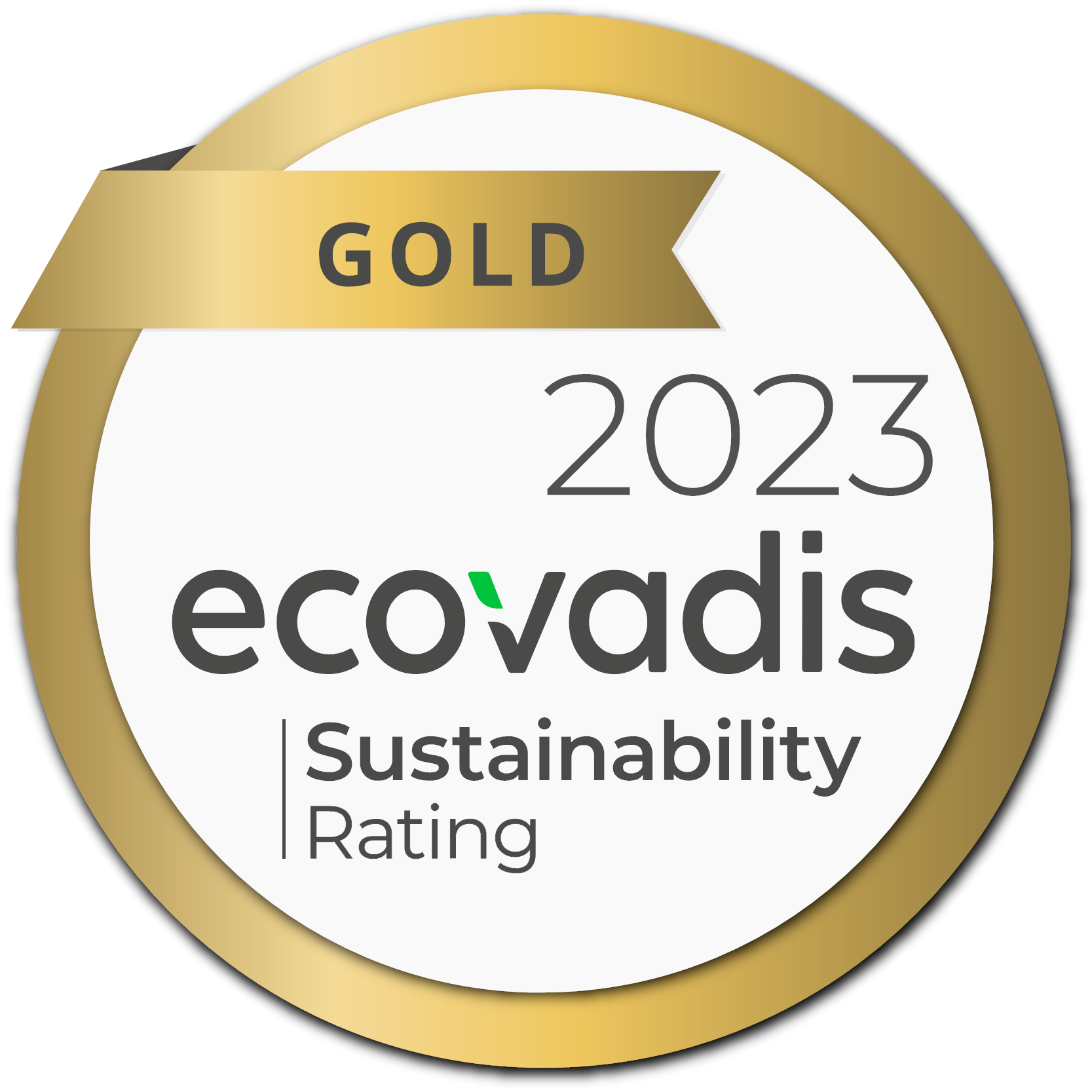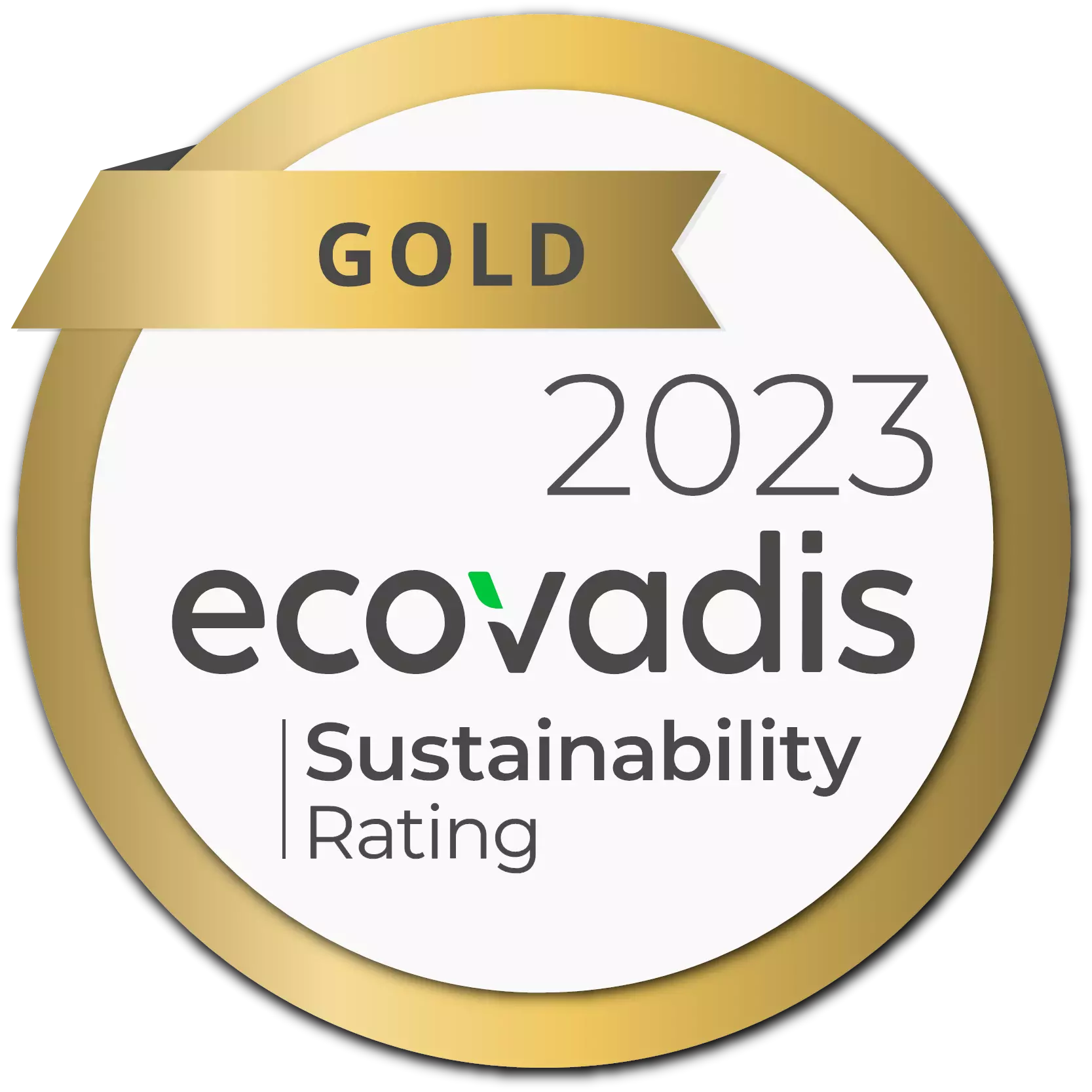How Isobutene And 2-methylpropene Are Used in The Manufacturing of MTBE By Top Isobutylene Manufacturer
MTBE (methyl tertiary-butyl ether) is a widely used fuel additive that enhances the performance of gasoline. It is primarily produced by the reaction between Isobutene and 2-methylpropene. In this blog, we will explore the role of Isobutene and 2-methylpropene in the manufacturing process of MTBE, the benefits of MTBE, environmental concerns, and alternatives. We will also discuss the applications of MTBE and provide an overview of the market trends and top isobutylene manufacturers.
Introduction
As the demand for cleaner-burning fuels increases, the production of MTBE has gained significant importance. MTBE is a compound that improves the combustion efficiency of gasoline and reduces harmful emissions. It is produced through the chemical reaction of Isobutene and 2-methylpropene, both of which are obtained from the refining process of crude oil.
What Is MTBE?
MTBE, or methyl tertiary-butyl ether, is an organic compound with a chemical formula of (CH3)3COCH3. It is a colorless liquid with a distinctive odor. MTBE is highly soluble in gasoline and is commonly used as an octane booster and oxygenate in fuel formulations. It enhances the combustion characteristics of gasoline, leading to improved engine performance and reduced emissions.
The Role of Isobutene And 2-methylpropene
Isobutene and 2-methylpropene are crucial components in the production of MTBE. Isobutene, also known as 2-methylpropene, is an unsaturated hydrocarbon with the chemical formula C4H8. It is obtained as a byproduct during the catalytic cracking of petroleum. 2-methylpropene, on the other hand, is an isomer of Isobutene, sharing the same chemical formula but a different structural arrangement.
Isobutene and 2-methylpropene serve as the key raw materials for the production of MTBE. These compounds undergo a chemical reaction that forms the ether linkage, resulting in the creation of MTBE. The reaction is typically carried out in the presence of a catalyst, such as sulfuric acid or ion-exchange resin, to facilitate the conversion.
Manufacturing Process of MTBE
Methyl tertiary butyl ether is manufactured through the chemical reaction of methanol and isobutylene.
Methanol is mainly derived from natural gas where steam reforming coverts the light hydrocarbons in natural gas to carbon monoxide and hydrogen. The resulting gases then react in the presence of a catalyst to form methanol.
Isobutylene can be obtained through a variety of methods. N-butane can be isomerized into isobutane which is then dehydrogenated to isobutylene. During the Halcon process, t-Butyl hydroperoxide derived from isobutane oxygenation is reacted with propylene to obtain propylene oxide and t-butanol. T-butanol can be dehydrated into isobutylene.
Why Are They Used in The Manufacturing Of MTBE?
There are several advantages to using Isobutene and 2-methylpropene in the manufacturing of MTBE. First, both compounds have high reactivity and can react with methanol quickly to form MTBE. This means that the production process is faster and more efficient than using other compounds. Moreover, Isobutene and 2-methylpropene have a high-octane rating, which means that they can increase the octane rating of gasoline when used as a fuel additive.
The Future of MTBE Production
Due to the potential environmental and health concerns associated with MTBE, there has been a shift towards using other fuel additives in gasoline. Ethanol and other biofuels are becoming more popular as alternatives to MTBE. However, Isobutene and 2-methylpropene still play an important role in the chemical industry and will continue to be used in the production of a variety of products, including butyl rubber, polyisobutylene, and alkylate.
Conclusion
Isobutene and 2-methylpropene play a vital role in the manufacturing of MTBE. Their utilization enables the production of a valuable fuel additive that improves gasoline performance, reduces emissions, and offers blending flexibility. While MTBE has faced challenges related to environmental concerns, responsible manufacturing practices and adherence to regulations can mitigate potential risks. As the demand for cleaner and more efficient fuels continues to grow, the importance of Isobutene and 2-methylpropene in MTBE production remains significant.
Vinati Organics is one of the largest manufacturers of Methyl-tert-butyl ether. With two state-of-the-art manufacturing facilities in Maharashtra, India, we ensure that you always get the highest quality isobutylene. While manufacturing MTBE, we follow international standards and employ green manufacturing practices to create environment-friendly products that ensure a sustainable environment.





